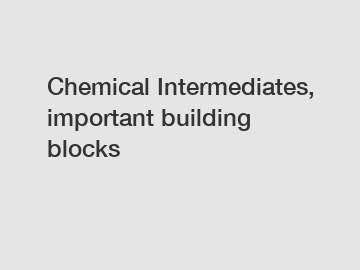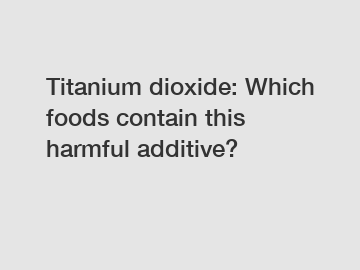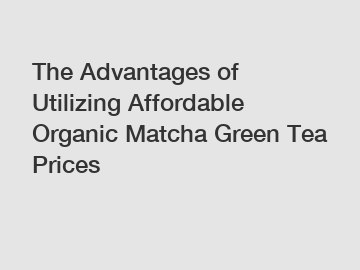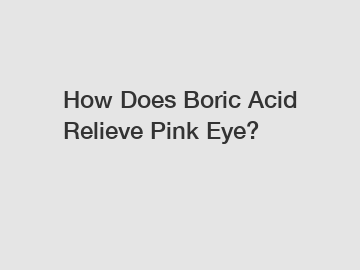The Ultimate Guide to BHT: Uses, Risks, and Benefits
The Ultimate Guide to BHT: Uses, Risks, and Benefits.
BHT, or Butylated hydroxytoluene, is a synthetic antioxidant commonly used in food, cosmetics, and pharmaceutical products. While BHT has been the subject of controversy in recent years, it is important to understand its uses, risks, and benefits in order to make informed decisions about its consumption.
Uses of BHT.

BHT is primarily used as a preservative in food and cosmetic products. It helps to prevent the oxidation of fats and oils, which can lead to spoilage and rancidity. BHT is also used in some pharmaceuticals to help extend their shelf life and maintain their effectiveness. In addition, BHT is sometimes used in industrial applications, such as in rubber and petroleum products, due to its antioxidant properties.
Risks of BHT.
While BHT is generally recognized as safe for consumption in small amounts, some studies have raised concerns about its potential health risks. Some research has suggested that BHT may have endocrine-disrupting effects and could potentially be carcinogenic. Additionally, some individuals may be sensitive or allergic to BHT and experience negative side effects when exposed to it. These risks are still being studied, and more research is needed to fully understand the potential dangers of BHT.
Additional reading:Is Bht Feed Grade 99.9% the future of high-quality livestock nutrition?
Top 7 Best Sources to Purchase Zinc Oxide
Unleashing the Power of Ethyl Vanillin: Innovation or Controversy?
7 Surprising Applications of Caustic Soda Revealed
The Lowdown on Sodium Benzoate Powder Usage
Caustic soda sellers: Are they the unsung heroes of the industry?
Top 7 Places to Buy Caustic Soda
Benefits of BHT.
Despite the potential risks associated with BHT, there are also some benefits to its use. BHT can help to extend the shelf life of food and cosmetic products, reducing waste and improving sustainability. In pharmaceuticals, BHT can help to ensure that medications remain effective for longer periods of time, improving patient outcomes. Additionally, BHT's antioxidant properties can help protect cells from damage caused by free radicals, which are associated with aging and disease. When used in moderation and according to regulatory guidelines, BHT can provide significant benefits in a variety of applications.
Conclusion.
In conclusion, BHT is a widely used antioxidant with applications in food, cosmetics, pharmaceuticals, and industrial products. While there are potential risks associated with BHT, including concerns about its safety and potential health effects, when used appropriately, BHT can provide significant benefits. More research is needed to fully understand the risks and benefits of BHT, but in the meantime, consumers can make informed decisions by reading product labels and following regulatory guidelines. By understanding the uses, risks, and benefits of BHT, consumers can make choices that align with their values and priorities.
If you have any further questions about BHT or would like more information on its uses, risks, and benefits, please do not hesitate to contact us. Your health and well-being are important, and we are here to help provide you with the information you need to make informed decisions.
The company is the world’s best wholesale Flavour additives factory price, bulk BHT FEED GRADE for sale, china Micronutrients supplier supplier. We are your one-stop shop for all needs. Our staff are highly-specialized and will help you find the product you need.
Additional reading:The Ultimate Guide to Monobutyrin Supplements
Sodium Benzoate Beads Lab Grade
Is BHA BHT TBHQ really beneficial for health?
What is vanillin derived from?
What is dimethyl urea hardeners?
What is benzyl acetate used for?
Are BHA and BHT in food worth it?









Comments
0